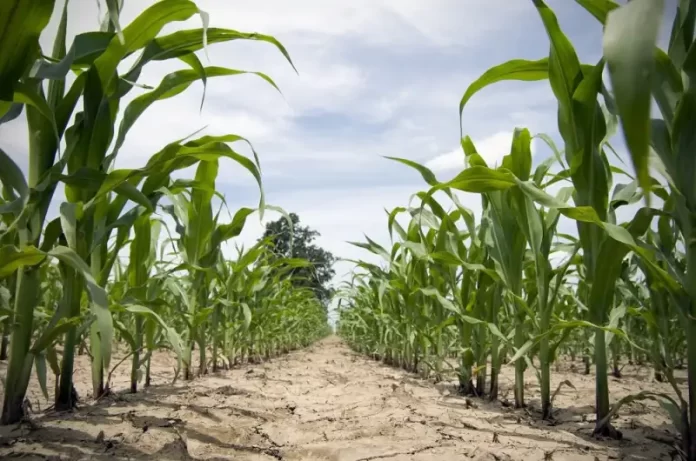Heat and drought are the utmost limiting abiotic factors that pose a major threat to food security and agricultural production, and are exacerbated by “extreme and rapid” climate change, according to a new paper in CABI Reviews.
The team of international scientists suggests that it is critical to understand the biochemical, ecological and physiological responses of plants to the stresses of heat and drought in order for more practical solutions and management.They state that plant responses to these challenges may be divided into three categories: phenological, physiological and biochemical.
Lead researcher Dr. Aqarab Husnain Gondal, of the University of Agriculture Faisalabad, Pakistan, argues that due to physical damages, biological disruptions and biochemical abnormalities, sub-optimal water supplies and unusual temperatures negatively affect crop development and yields.
Supported by colleagues from Yarmouk University, Jordan, the National University of Huancavelica, Peru, and the Citrus Research Institute Sagodha, Dr. Gondal says a distinctive aspect of the phenomenon is comparing fundamental behavior with abiotic stresses.
The scientists, referring to a study examining data from research published between 1980 and 2015, state that drought has reduced wheat and maize yields by up to 40% around the world. They also highlight that projections suggest that for every degree Celsius rise in temperature, this would result in a 6% loss in global wheat yields.Dr. Gondal said,
“This review gives a thorough description of the adaptation of plants towards heat and drought stress with a particular emphasis on identifying similarities and variations. Abiotic stresses are reducing crop yield all around the world.
Heat and drought stress causes plants to respond in a variety of ways—the most notable of which is by altering their development and morphology.
“While the capacity of plants to withstand these pressures differs significantly across species, it is worthy to note that recent advances have been achieved in limiting the adverse consequences—either through the use of genetic methods or by the induction of stress tolerance.
“The scientists maintain that despite the fact that heat and drought stress may have a negative impact on the plant’s growth and development, reproductive growth is the most affected.
Anthesis or grain filling stress may have a major impact on crop production if it is mild while damage to the photosynthetic machinery, oxidative stress and membrane instability are also caused by these forces, they say.








